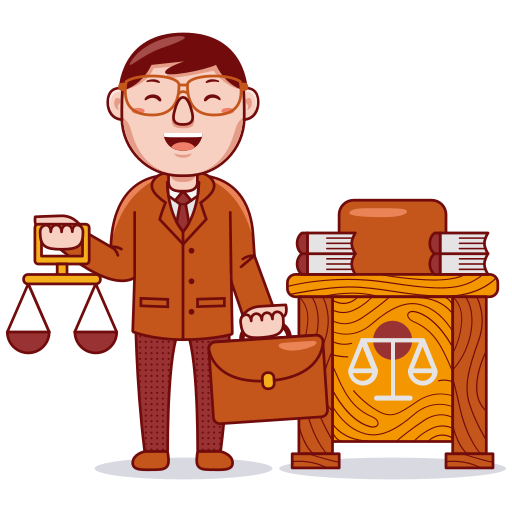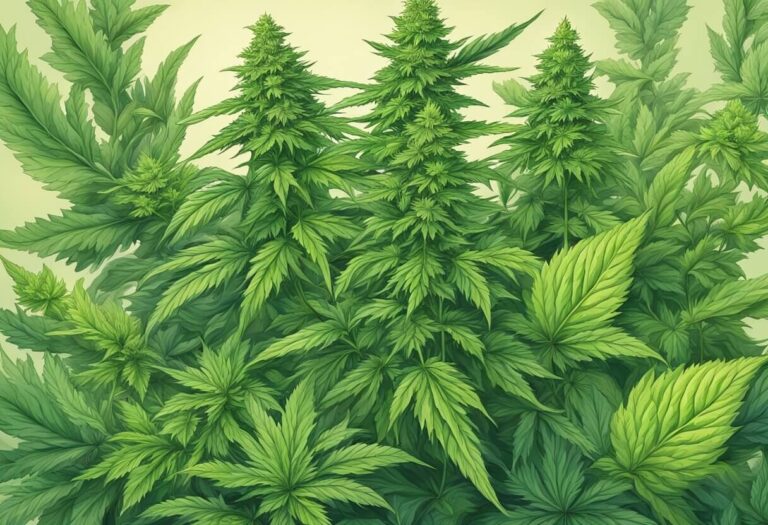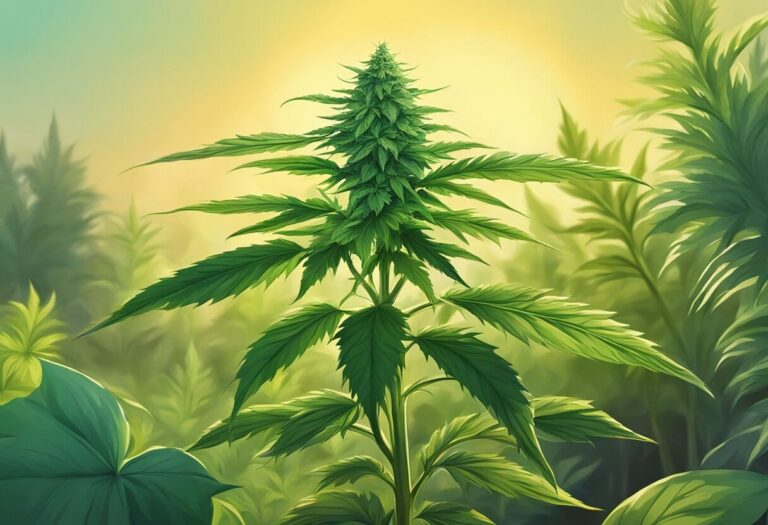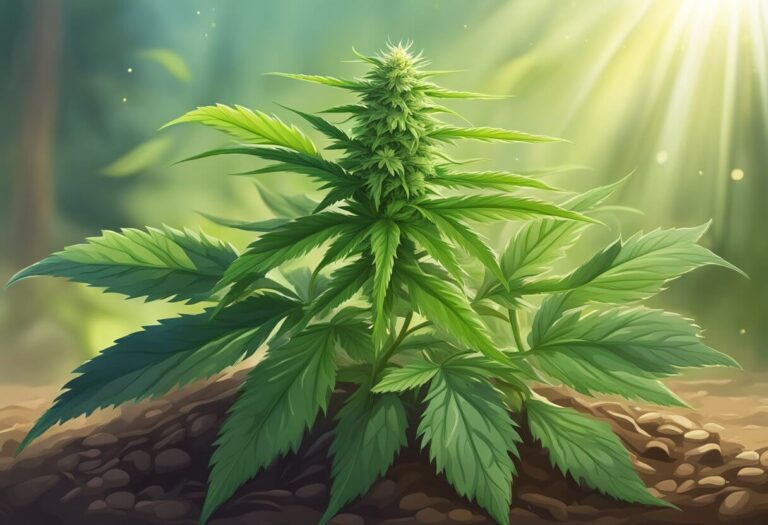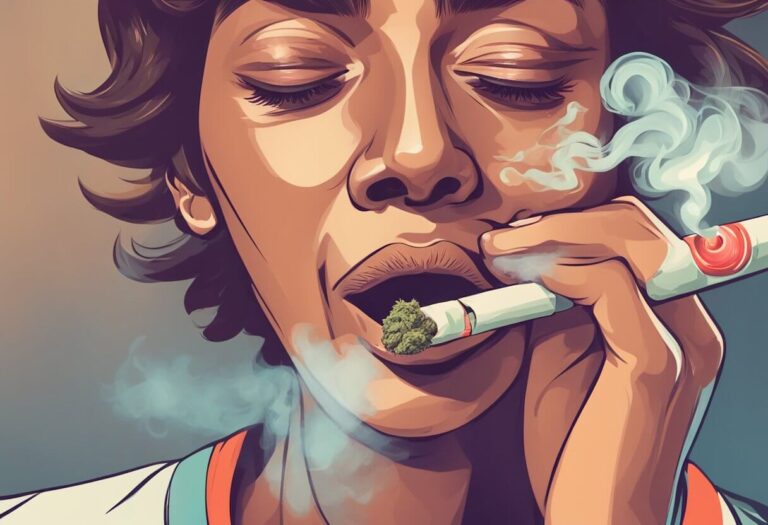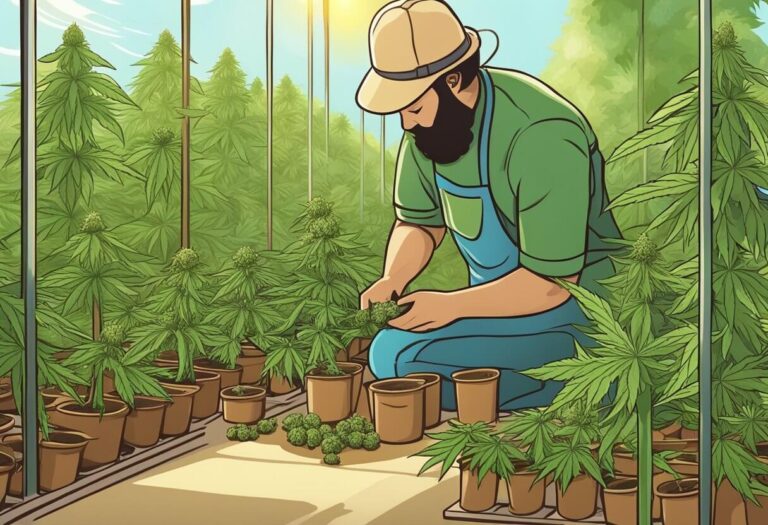Is Weed Legal In Paris? Navigating France’s Cannabis Laws
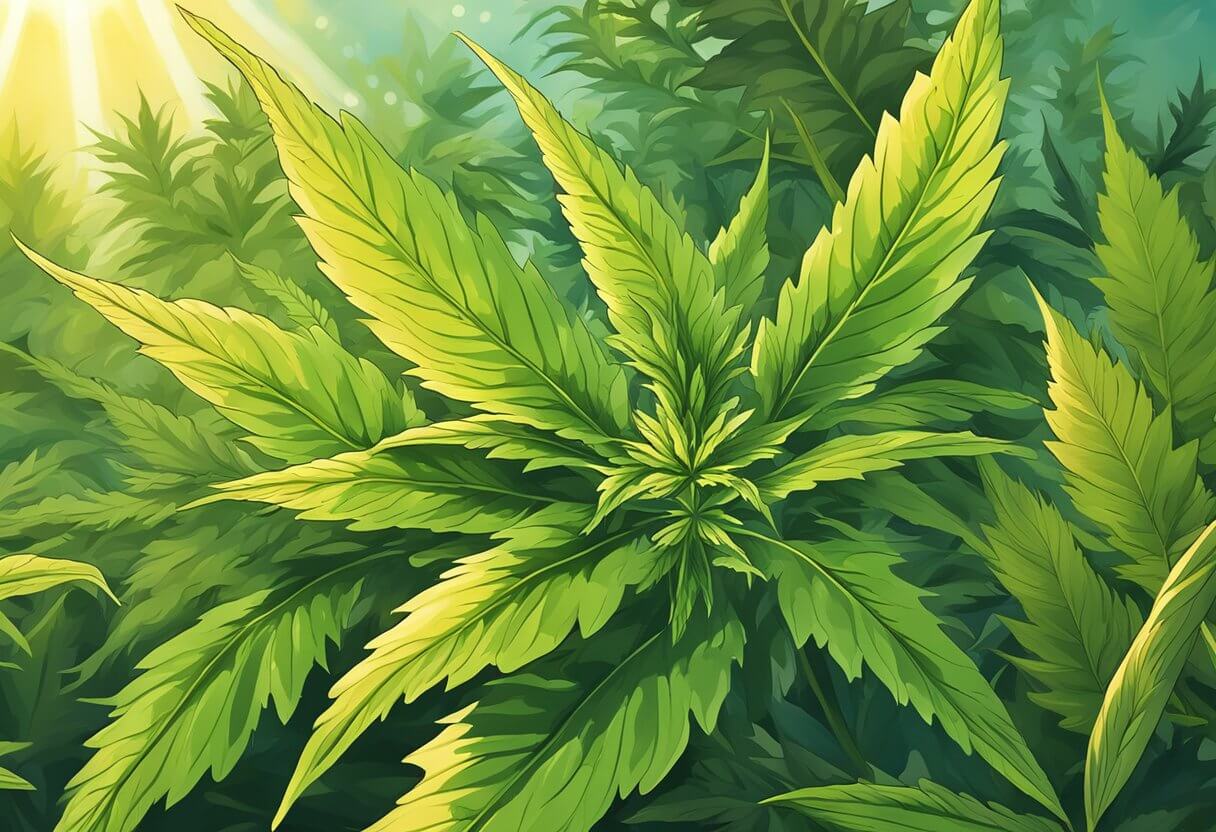
Cannabis has taken the world by storm in recent years. As understanding of the plant’s potential therapeutic benefits has grown, countries across the globe have been racing to reform outdated laws. Paving the way are trailblazers like Canada, Spain, parts of the U.S., and Uruguay where cannabis is now fully legalized. Other nations are catching up by at least decriminalizing personal use or allowing medical marijuana. But what about that quintessential European destination and glittering city of lights – Paris, France? With such a famously open culture intertwined with art, food, wine, and romance, you might expect Paris to embrace legal weed. Yet the reality of France’s complex cannabis laws paints a starkly different picture.
The short answer is no – cannabis is not legal in Paris or elsewhere in France as of late 2023. However, with public opinion and political winds shifting, the country finds itself caught somewhere between strict prohibition and progressive reform. Understanding the nuances requires examining France’s historically rigid anti-cannabis stance, recent gradual policy changes, public sentiment trends, and speculation on what the future could hold. This background context is crucial for visitors and residents aiming to avoid legal hassles.
In this detailed guide, we will cover:
- The current legal status of cannabis possession, use, sale, and growth in France
- A look back at the history shaping France’s complicated relationship with the plant
- Public opinion trends and political debates around legalization
- Using cannabis medically and accessing CBD products
- Whether Paris can really be considered a weed-friendly city
- What reforms could materialize in the coming years
So light up your metaphorical spliffs as you read on to uncover the hazy fog surrounding French cannabis laws!
What is the Current Legal Status of Cannabis in France?
If you assumed legality based on France’s famously relaxed cafes dotted with cigarette smoke, you’d be sorely mistaken. Cannabis remains outright illegal in France for both personal and medical uses – with exceptions only recently introduced for limited medical marijuana programs. Possession, use, growing, distribution, and consumption of cannabis containing THC are strictly prohibited and actively enforced.
However, the tides are shifting, even if at the trademark French bureaucratic snail’s pace. After years of citizens facing harsh penalties like jail time even for minor cannabis offenses, recent policy changes indicate a slight relaxing.
Possession and Use No Longer Mean Prison – But Steep Fines Still Apply
In a landmark development, France decriminalized cannabis possession in 2020. Previously, getting caught with any amount could mean prison and criminal records. The revised law now replaces this with a set fine of 200 EUR for having up to 100 grams. Those receiving state benefits get lowered rates of 150 EUR if paid within 15 days and 450 EUR after 45 days.
While this stepping down of possession penalties signals progress, it is hardly cause for celebration. Unlike most countries that decriminalize, France still imposes fines versus just confiscation alone. And getting caught consuming cannabis remains very much illegal with harsh consequences. Even possession fines can stack up quickly and lead to further penalties if unpaid.
Consumption and Sale of Cannabis Still Strictly Prohibited
While you might dodge jail for under 100 grams these days, don’t expect to casually light up anywhere in Paris without consequences. Use and consumption of cannabis remain punishable crimes resulting in up to 1 year behind bars plus staggering fines beyond 3,500 EUR.
Selling or distributing cannabis also remains a serious offense under French law subject to up to 10 years imprisonment and outrageous 7.5 million EUR fines. The stiff penalties handed out to cannabis sellers and traffickers in France lead many to argue the laws fuel illegal activity rather than curb it. But clearly the French take an unflinchingly stern stance in efforts to discourage use.
Home Growing? Vous Devez Rêver! (You Must Be Dreaming)
Given the Sisyphean administrative headaches of running a small entrepreneurial business in France, you won’t be shocked to learn cultivating the green bud at home remains very illegal. Laws prohibit growing or producing cannabis without exception. And the penalties live up to France’s reputation for heavy bureaucracy – up to 20 years behind bars or 7.5 million EUR fines.
But what about sneaking a few seeds to simply add a little garden flair without consuming? Alas, even possessing cannabis seeds teeters on the edge of illegality. The French government continues struggling to figure out what exactly to do about seed “collection” and distribution. For now, avoid germination or growth to steer clear of possible legal wrath.
A Look Back at the History Shaping France’s Complicated Cannabis Laws
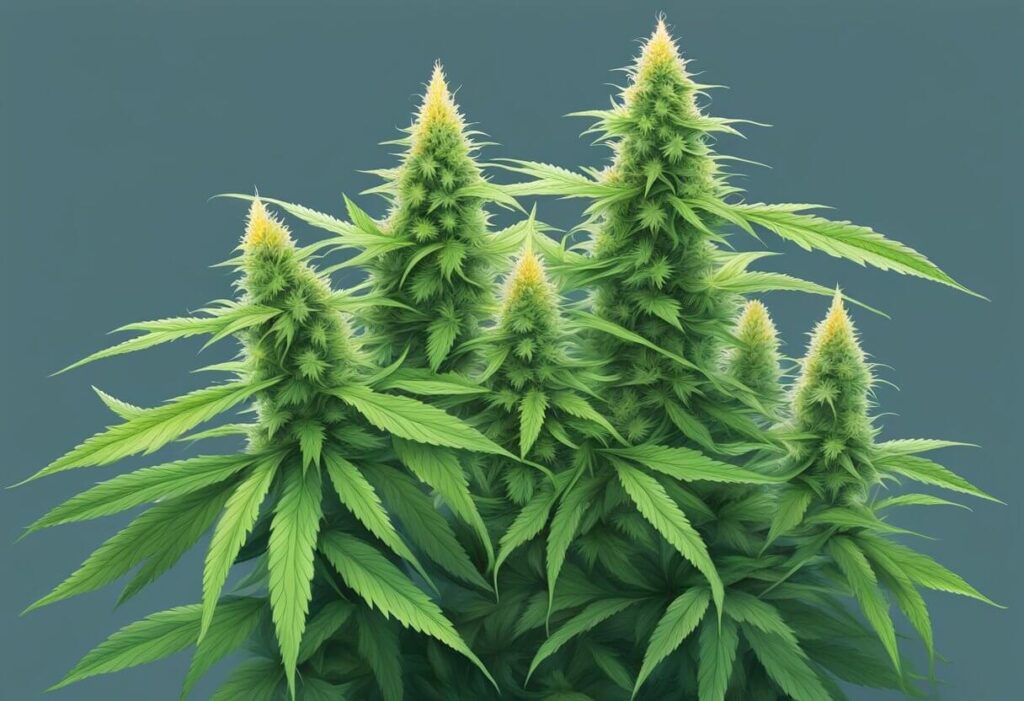
With some context on the current legal landscape, delving into the rich history behind France’s endlessly complex relationship with the cannabis plant can shed further light on how policies landed where they are. In fact, you might be surprised to learn weed flowed far more freely in France’s earlier days.
Early Days of Legal and Even Celebrated Cannabis Use
France’s cannabis story can be traced back to none other than Napoleon Bonaparte’s 1798 Egyptian campaign. Cannabis use became widespread amongst French forces when troops relied on easily accessible hashish in place of alcohol, which was prohibited in the Islamic country.
The French troops enjoyed the local herb so much that consumption drew criticism back home. In 1800, authorities first tried banning cannabis use entirely. But lacking enforcement, this order proved futile as soldiers continued indulging. They ultimately returned to France in 1801 with abundant hashish supplies in tow.
Rather than cracked down on further, open French fascination with mind-altering substances ensued in the early 1800s. The Oriental influence grew into a creative fad, especially among upper classes and the intelligentsia.
Cannabis consumption also flourished thanks to the Club des Hashischins. This group, dedicated to experimenting with hash, opium, and other concoctions, counted French literary superstars like Alexandre Dumas, Honore de Balzac, and Charles Baudelaire among its members. Baudelaire later penned a famous meditation called “Artificial Paradises” documenting his altered experiences.
During this freewheeling epoch, France intrinsically wove cannabis into its culture, ideals of Expanding consciousness, and experiments with fame, romance, and bohemian life embodied by Paris during the Belle Époque era.
Harsh Ban Enacted in 1970 Sparks an Enduring Love-Hate Affair
France’s infatuation with cannabis meant the country long tolerated use beyond much of Europe. This permissive period persisted until 1970 when lawmakers enacted a harsh Narcotics Act in response to swelling youth and counterculture consumption.
The notorious Loi du 31 décembre 1970 law established France’s very strict framework categorizing cannabis alongside hard drugs like heroin and cocaine. As result, views shifted from cannabis as an endearing, even celebrated facet French identity towards an emblem of social deviancy requiring heavy punishment.
Despite aiming to curb use, ironically this law ignited France’s modern cannabis conundrum – a society with rates of consumption greater than nearly all European neighbors yet penalties more severe than almost anyplace on Earth. Experts point to lingering rebellion from frustrated citizens banned from enjoying the plant privy generations long embraced.
Public Sentiment and Political Winds Shifting Towards Reform
With nearly 1 in 5 French citizens admitting to recently using cannabis, you might assume growing calls to align laws with reality. But France remains stubbornly cautious about change compared to other EU countries decriminalizing or even legalizing.
While support for at least medicinal legalization exceeds 65%, there are still polarized views around recreational policies. France also elects conservative leaders like President Emmanuel Macron who pledged “zero tolerance” on drugs and oppose legalization.
Yet several key developments suggest the needle is moving towards reform down the line. For starters, the French are the biggest cannabis consumers in Europe, toking up more than famously permissive spots like Amsterdam. And you can see shifting attitudes in creation of Dutch-style cannabis “coffee shops” now dotting Paris. Even though technically illegal, these shops brazenly sell cannabis products. Police often look the other way to avoid headaches of formal enforcement.
There’s also mounting political acknowledgment that blanket prohibitions have failed. France itself grows acres of industrial hemp, produces around half of Europe’s total hemp pulp and paper, leads globally on cannabis research publications – yet outlaws any form of consumer access with no coherent rationale.
Cannabis decriminalization received 55% support in recent polls with over 80% in favor specifically for medicinal access. MPs are drafting reform proposals and pressuring leaders like Macron to evolve stale policies, even as those demands get ignored for now. There’s growing realization that France lags both EU neighbors and public opinion by maintaining irrational bans given cannabis use will persist regardless.
Whileconcrete changes might be gradual amid such political inertia, the direction seems increasingly clear. Within 5 to 10 years, France will face mounting pressure to introduce Spanish-style cannabis social club models or further medical allowances minimally aligning with European standards.
France Makes First Small Steps Towards Legal Medical Cannabis Access
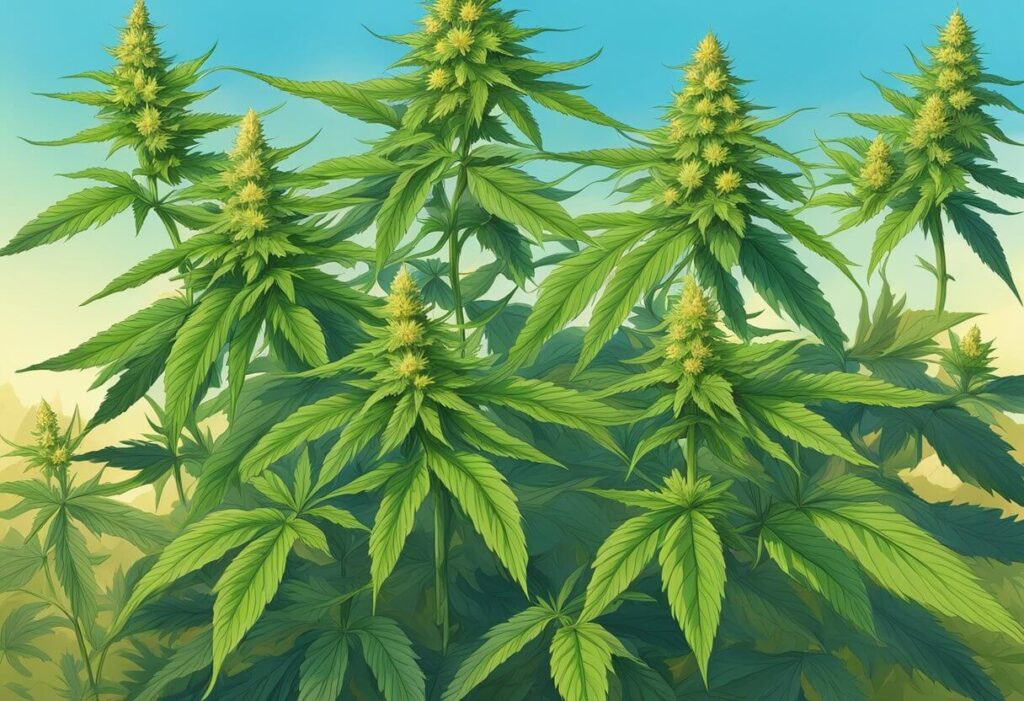
Catching up to peer countries on medical cannabis could offer French regulators a politically palatable path towards easing prohibition. France remains very wary of even tiny deviations from long-held positions. So it is symbolically significant that after years of activist appeals, France permitted cannabis for limited medical purposes starting in 2021.
This watershed moment arrived thanks to a major public consultation plus mounting evidence of cannabis health applications from abroad. Initially, authorities agreed to tightly control trial programs dispensing cannabis treatments like oils and vaporizers towards diseases with proven effectiveness like chronic pain, multiple sclerosis, and epilepsy side effects.
Smoking cannabis in bud form remains prohibited – in line with France’s avoidance of allowances it deems as enabling recreational usage, no matter the medical frustrations this causes. Still, the concession followed recommendations from public health advisors – signaling potential acceptance of further reforms given credible scientific backing.
The National Agency for Medicines Safety now oversees France’s fledging medical cannabis system spanning cultivation approvals, practitioner training, product access rules, and monitoring of the roughly 3,000 patients set participating in trials during the launch phase spanning through 2023.
Broader public consumption remains distant as France treads delicately into the cannabis sphere. But serious ill French gaining access combined with medical bodies recognizing legitimate applications hints at coming changes.
Is Weed Truly Legal Anywhere in France Now? Understanding the CBD Loophole…
Alongside medical marijuana, you might wonder whether France’s uptick in shops brazenly selling cannabis products means legal loopholes exist. Well, in a very technical sense, yes – thanks to the CBD phenomenon sweeping Europe.
France permits vendors to stock and consumers to purchase CBD, or cannabidiol derived oils, edibles drinks and the like with some fine print attached. Legalized EU-wide in 2019, CBD offers cannabinoid compounds benefiting anxiety, pain relief, sleep with no psychoactive high.
Since French law regulates “narcotics trafficking”, CBD avoids this label, given products sold contain less than 0.3% THC – the actual mind-altering cannabis component. Instead, CBD qualifies as a common consumer product in France just like supplements or essential oils.
But – and of course there must be a but when it comes to weed in France…avant-garde CBD cannabis shops toe a precarious line between legal loophole and crackdown risk.
While CBD itself avoids narcotic classification, outlawing production means cannabis flowers used in extraction often violate codes. That’s why most above board French CBD producers use imported hemp stalks and seeds versus domestic flowers to remain compliant. The result means legalized CBD accessibility but preventing local cultivation.
And shops celebrating the green leaf too boisterously in their branding open themselves to sanctions for condoning cannabis imagery deemed as promoting recreational usage. Even with EU quality regulations assuring controlled THC thresholds, authorities often OPT to play hardline overseer with CBD vendors.
So in practice, locating quality legal CBD requires vigilance as a consumer. Seek out reputable brands like Kanavape carrying proper documentation showing counseling analyzed contents verifying legal potency. And don’t be shocked when favorite retailer gets shuttered randomly thanks to overzealous municipal rule enforcements.
But the overall trajectory seems favorable as CBD popularity grows on pace to become a 500 million euro French industry by 2028. With cannabis stigmatization softening through such mass adoption, politicians must accommodate consumer reality further with more progressive regulatory reform.
Can Tourists Partake Legally While Visiting Paris?

Given this climate, visitors hoping to sample trademark bud strains like La Goombo amid Parisian cafes need a reality check. Effectively accessing cannabis without legal repercussions remains very dicey. You can hardly walk around openly smoking joints even in private spaces without potential penalties.
That said, surveys showing 10.6% of French between 18 and 64 toked cannabis last year indicates the weed scene thrives discreetly. An estimate 90 tons of cannabis products enter France each year through means ranging from small hidden quantities to vast smuggled operations. Cannabis seizures continually break records, exacerbated by France’s landlocked geography between hash exporter Morocco and Netherlands gateway for global marijuana imports.
This inevitably seeps into tourist quarters, as underground culture adapts serving undiscriminating visitors accustomed to accessing green in their home countries. Intrepid smokers visiting Paris willing ask around in notorious spots like Les Halles district or Rue Montorgueuil can likely secure product fairly easily.
Prices resemble street deals typical of illegalized markets with 1 gram of herb starting around 10 EUR while hash edging between 5 to 15 EUR depending on grade – steeper than legal countries but much better black market rates abroad. Just don’t expect California or Amsterdam levels of product diversity and open consumption freedom even at France’s infamously underpoliced urban outskirts.
Discretion remains essential given even minor possession arrests can still happen. As relaxed as Paris can seem, stepping outside societal bounds sparks French contrarianism against defiant troublemaking. So by all means, enjoy inquiring with locals in niche bars or clubs about scoring – but don’t flaunt any acquisition to avoid excess attention from authorities enforcing letter-over-spirit-of-law. Consider it akin to jaywalking norms: widely practiced yet inadvisable to overtly test cops’ patience when clear rules exist!
What About Medical Cannabis Access for Tourists?
With cannabis tourism invalidated as an option, visiting consumers wanting legal access during Paris jaunts have hardly any recourse beyond praying for acute pain qualifying them for emergency medical approval. Realistically, France’s cannabis infrastructure covers only domestic patients under strict monitoring.
The National Medical Safety Agency issues permits exclusively allowing French prescribing doctors to administer set products to residents enrolled in trial monitoring with regular follow-ups verifying continued need. Even qualifying expats living in France require establishing residency and care within the healthcare system before attempting registration through the monumental administrative maze.
In other words, don’t expect to conveniently duck into Parisian pharmacies or clinics for a temporary medical card like achieved elsewhere. No reciprocity framework yet exists excepting medical documents from abroad. And France won’t bend statutes simply catering to curious tourists seeking legal tokes. But should an emergency like accident recovery require THC relief for hospitalized visitors, humanitarian exemptions theoretically could apply based on compassionate grounds.
Until wider recreational reform arrives however, cannabis options for Paris city-breakers start and end with discreetly embracing local underground sources – not exactly romantic but the pragmatic reality in this city renowned for resisting change.
Plotting the Path Ahead – What Does the Future Hold for Cannabis in France?
Despite glacial political pace, the sheer untenability of France’s increasingly contradictory cannabis laws suggests reform must occur eventually. The question remains whether change will happen sufficiently or require a generational shift before aligning with European standards.
In the immediate 1-2 year horizon, expect continued public debate without major legislative upheaval beyond possibly allowing more medical usage cases or tweaking penalties. Steady CBD normalization combined with further study of societal impacts will determined broader drug strategy. But cannabis legalization won’t materialize nationally during Macron’s term given his unwavering stance against.
Looking ahead, France might pursue redistribution models first emerging elsewhere similar to social cannabis clubs. Rather than sell commercially through dispensaries immediately, private member groups could form allowing cultivation and consumption on premises under charter rules preventing public leaks. Neighboring Spain pioneered this members-only framework enabling access while limiting overcommercialization. France could replicate it without technically legalizing general retail trade.
Ultimately when French politicians finally cede to European standards, expect a trademark French bureaucratic twist. Legal recreational weed might feature restrictive usage qualifications, monthly quantity rations to “prevent addiction”, or prohibit diverse product formats in favor of simple strains. By subordinating free-for-all Legality to trademark aggressive oversight, France could build tight guardrails staunching illegal trade rather than succumbing to free markets like America.
While the inherently French pursuit of cannabis liberty, equal access and hedonistic celebratory consumption still seems generations away, evolution must occur. Just don’t expect Paris dispensaries selling vape pens and psychedelic truffles at Dutch coffee shops any time soon! But visitors and residents who understand the unique country they find themselves in can appreciate loosening social acceptability – even if not yet fully matched in codified laws.
Conclusion: Far From Legal Yet Signs of Eventual Reform
In examining France’s winding cannabis journey, hopefully the reality of current laws and future trajectory has grown clearer for those longing to enjoy Paris both responsibly and freely. Fundamentally for now, cannabis remains unambiguously illegal to possess, grow, or consume in France despite moderate December imbibing.
However, glimpses of societal shifts in medical allowances, sentencing reductions, and dIscreet CBD product permeation hint at the consensus against blanket prohibition crumbling. Socialist undercurrents percolating domestically plus European momentum will almost inevitably force France’s hand – even at notoriously slow legislative pace.
So while Paris likely won’t emulate Amsterdam or Barcelona legal weed freedoms overnight, stay hopeful that reform inches along in coming years. Visitors acting discreetly and domestic activists publicly debating can mutually push leaders recognizing outdated policies failing citizens through inherent hypocrisy. Although never expect linear change in constantly contradictory France!
